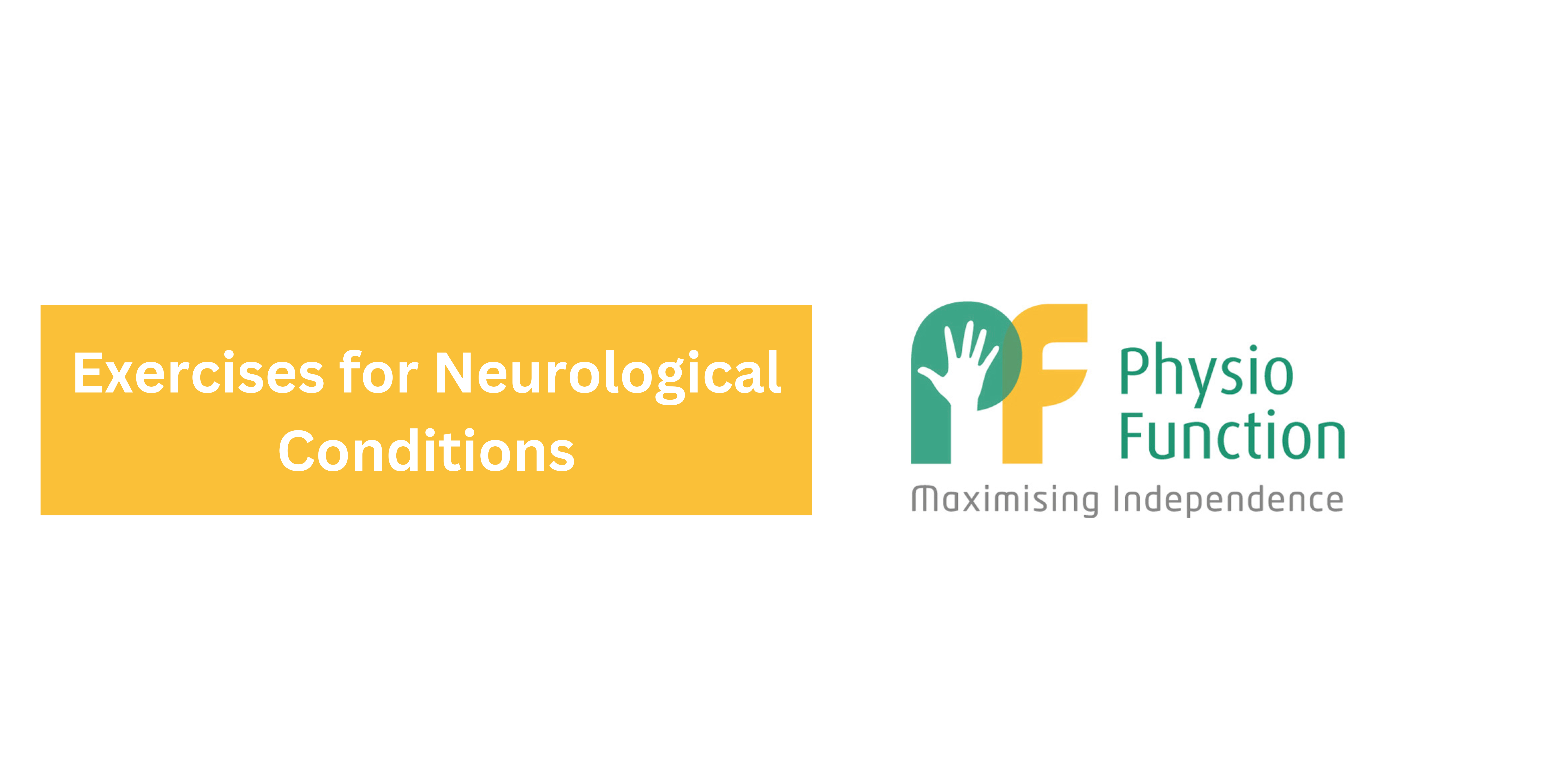Note: This makes all sizes equal and could alter the website layout.
Red:
Green:
Blue:
Red:
Green:
Blue:
The Benefits of Exercise for Neurological Conditions
Exercises’ positive impact extends beyond and individual’s physical health, it influences neurological function, mental well-being, and overall quality of life.
Stroke
Exercise plays a vital role in post-stroke rehabilitation. It promotes neuroplasticity—the brain's ability to rewire itself—which is crucial for regaining lost motor and cognitive functions. Aerobic exercises improve cardiovascular health, reducing the risk of recurrent strokes. Strength training enhances muscle power, while balance and flexibility exercises help address coordination issues. Structured physical activity improves walking speed, endurance, and the ability to perform daily activities, fostering greater independence.
Multiple Sclerosis
In MS, where inflammation and demyelination disrupt nerve signalling, exercise helps manage symptoms and slow progression. Regular physical activity reduces fatigue, a common and debilitating symptom. It also improves muscle strength, flexibility, and balance, countering the spasticity and weakness associated with the condition. Furthermore, exercise has a positive impact on mental health, improving depression and anxiety.
Parkinson’s Disease
Parkinson’s disease, characterised by tremors, rigidity, and bradykinesia (slowness of movement), benefits significantly from exercise. Regular physical activity enhances dopamine release and utilisation in the brain, helping to manage motor symptoms. Specific exercises, such as dancing, boxing, or tai chi, improve gait, balance, and coordination. High-intensity interval training (HIIT) and resistance exercises support muscle strength and endurance. Additionally, exercise can reduce the risk of falls, a major concern in Parkinson’s.
Spinal Cord Injury
For individuals with SCI, 30 min three times per week, with strength training of the major muscle groups two times per week is recommended. It is important to maintain and/or improve muscle strength, cardiorespiratory fitness, and may aide in functional recovery after a spinal cord injury (SCI). Exercise can help reduce secondary complications such as muscle atrophy, cardiovascular issues, and osteoporosis. Adaptive exercises, tailored to the individual's level of injury, provide opportunities to maintain physical fitness and improve mental health through increased endorphin levels.
Brain Injury
Traumatic brain injuries (TBI) and other brain injuries often result in cognitive, emotional, and physical challenges. Exercise aids in recovery by improving cerebral blood flow and stimulating the production of brain-derived neurotrophic factor (BDNF), a protein essential for brain repair and neurogenesis. Aerobic activities enhance memory, attention, and problem-solving skills, while strength training supports physical recovery. Moreover, regular exercise reduces fatigue and helps individuals manage mood disorders like depression and anxiety.
Psychological and Social Benefits
Beyond physical improvements, exercise fosters a sense of accomplishment, boosting confidence and motivation. Group-based activities or community programs encourage social interaction, which is particularly beneficial for combating isolation common in neurological conditions.
Exercise is a powerful tool in managing neurological conditions. It not only supports physical recovery and mitigates symptoms but also promotes mental well-being and social engagement. By incorporating tailored exercise programs, individuals can enhance their quality of life and maximise their independence.





